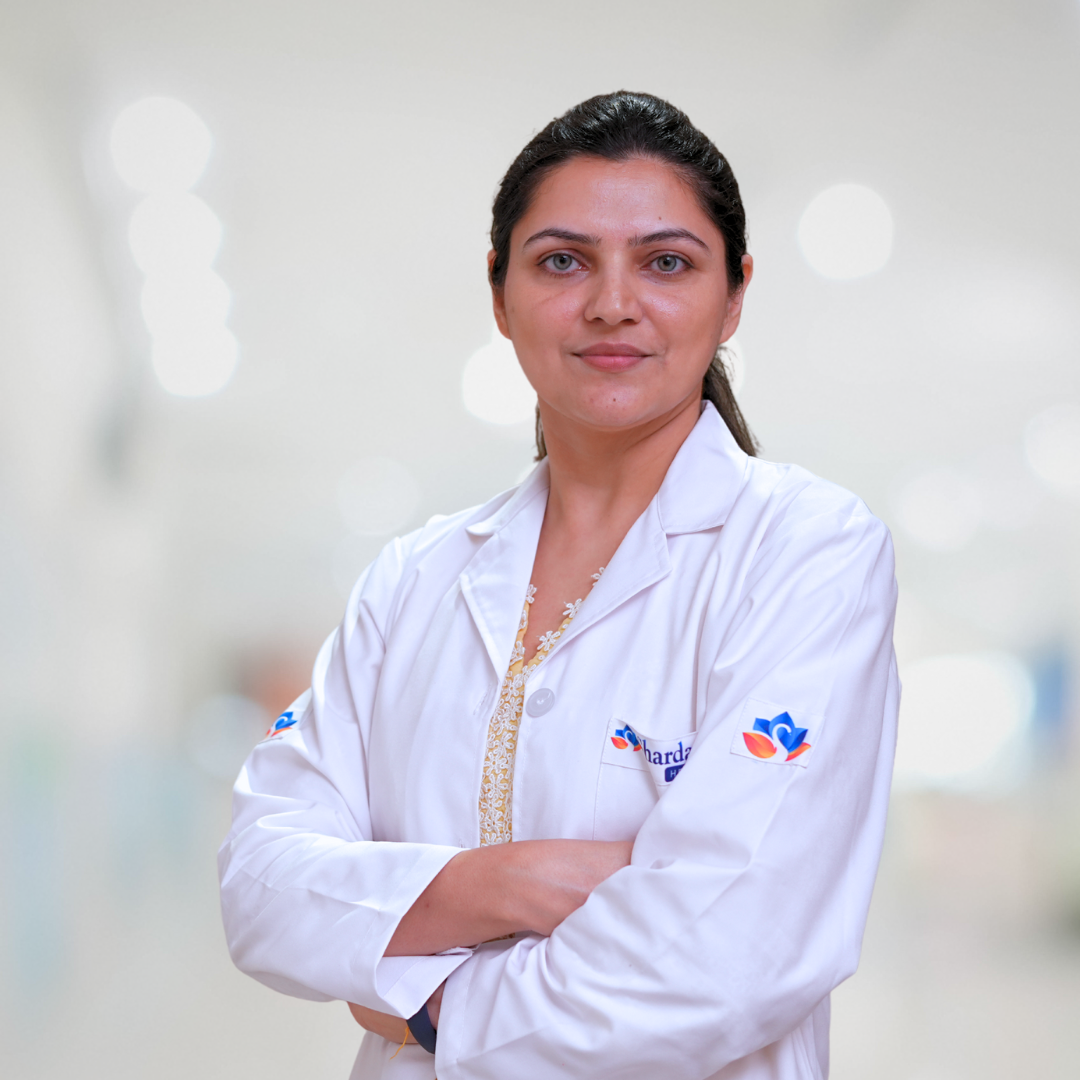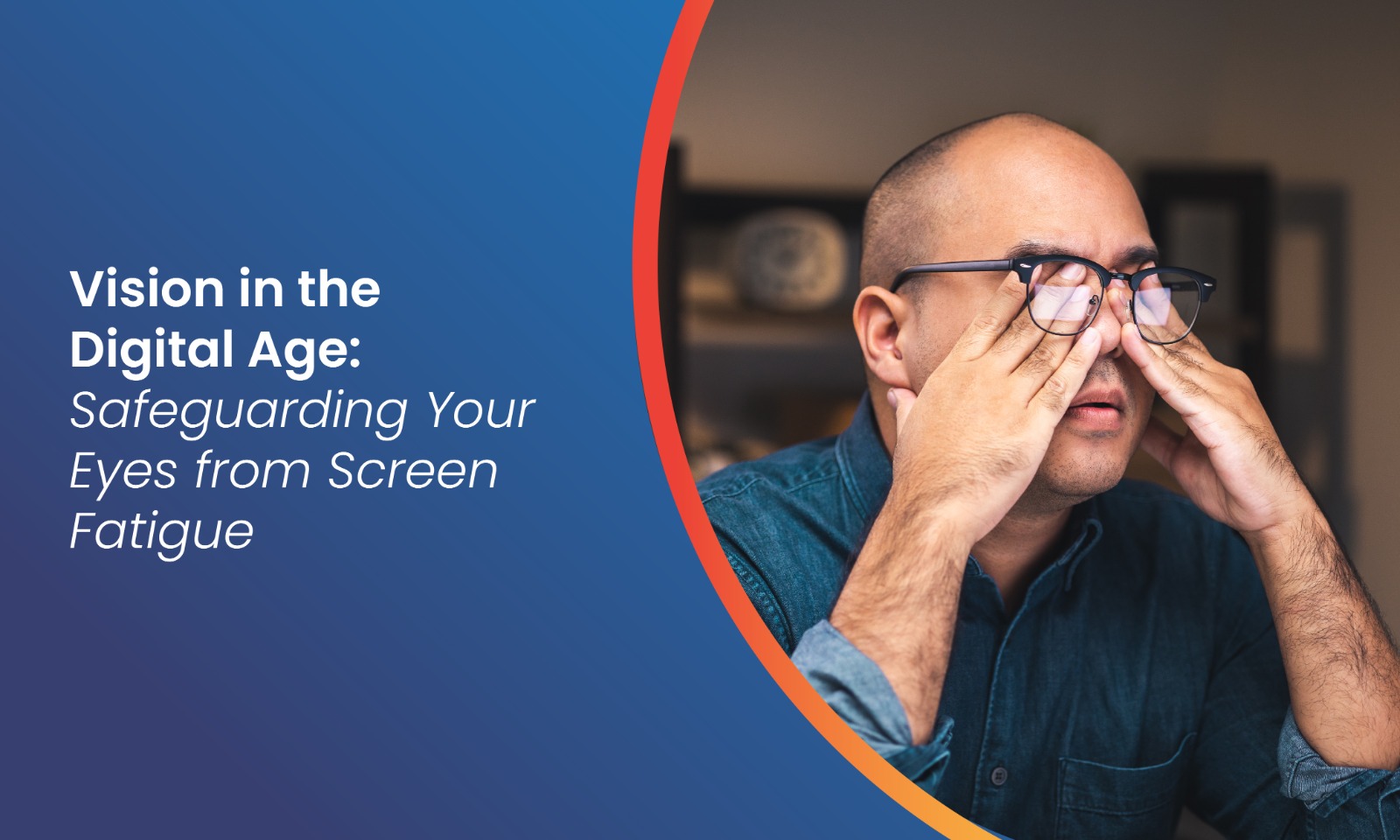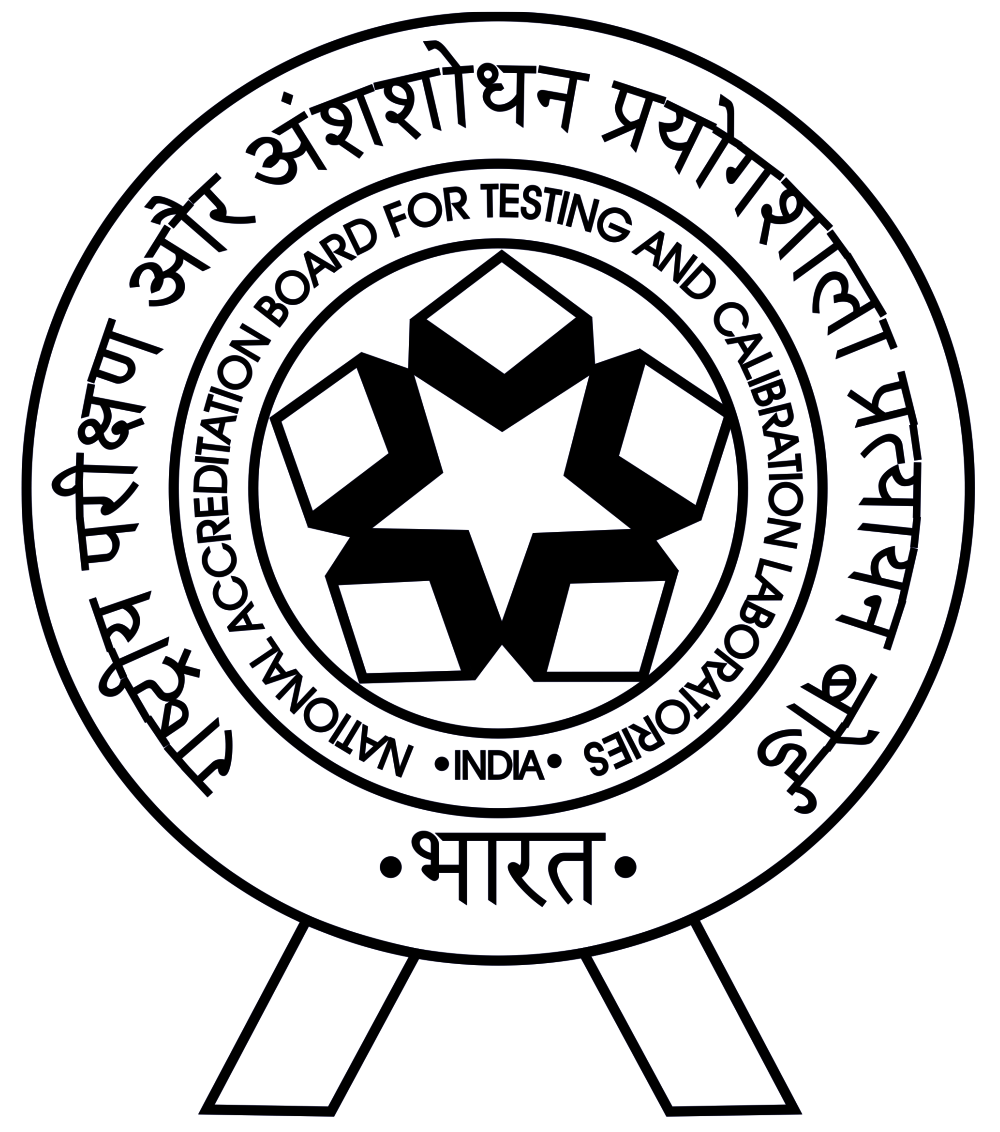
Cochlear Implant Surgery & Advanced Hearing Solutions at ShardaCare – Healthcity
A Cochlear Implant is a sophisticated electronic device designed to enhance hearing ability, particularly for individuals with severe hearing loss due to inner ear damage, where traditional hearing aids may not suffice. In contrast to hearing aids, which amplify sound, a Cochlear Implant works by bypassing damaged parts of the ear to directly transmit sound signals to the auditory nerve.
Consisting of a sound processor discreetly placed behind the ear, the Cochlear Implant captures sound signals and transmits them to a receiver implanted under the skin. This receiver then relays the signals to electrodes inserted within the Cochlea, the spiral-shaped inner ear structure. These electrical signals stimulate the Auditory Nerve, which subsequently transmits them to the brain. While the Brain interprets these signals as sounds, they may differ from Natural Hearing.
Adjusting to a Cochlear Implant requires time and training. Typically, individuals experience significant improvement in speech comprehension within 3 to 6 months of using the device, though the process varies for each person.
Benefits
Cochlear Implants are recommended for individuals with severe Hearing Loss who no longer benefit from conventional hearing aids. By enhancing Auditory Capabilities, Cochlear Implants significantly improve communication abilities and overall quality of life.
These implants can be placed Unilaterally (in one ear) or Bilaterally (in both ears). Typically, Adults Initially receive one Cochlear Implant along with a hearing aid, eventually transitioning to Bilateral Implants as their hearing loss progresses. In Children with Bilateral severe hearing loss, especially Infants and Toddlers Learning Language Skills, Bilateral Cochlear Implants are often implanted simultaneously.
Both Adults and Children as young as 6 to 12 months old can experience substantial benefits from Cochlear Implants. Reported improvements include:
- Enhanced speech comprehension without reliance on visual cues like Lip-Reading.
- Recognition of everyday sounds in their environment.
- Improved Listening abilities in Noisy settings.
- Heightened Spatial Awareness, enabling better localization of sounds.
- Improved enjoyment of Auditory experiences, such as Television, Music, and Phone conversations.
- Reduction in symptoms of Tinnitus (Ringing or Buzzing in the Ear).
To qualify for a Cochlear Implant, individuals must meet certain Criteria, including:
- Hearing loss severe enough to Impede Verbal Communication.
- Limited effectiveness of traditional hearing aids, confirmed through specialized hearing tests.
- Willingness to engage in hearing Rehabilitation and Integrate into the hearing community.
- Realistic expectations regarding the Capabilities and Limitations of Cochlear Implants in improving hearing.
Looking for an Expert
ShardaCare - Healthcity is home to some of the eminent Doctors in the world.
Book an AppointmentOur Medical Experts
Related Specialties
Technology
ERBE VIO 300 D
Optimise surgical precision and patient outcomes at ShardaCare - Healthcity with the ERBE VIO 300 D, providing advanced electrosurgical capabilities for reliable and versatile tissue management.























